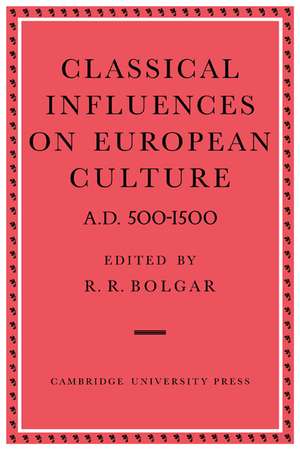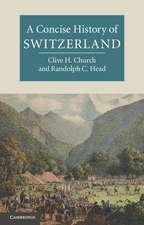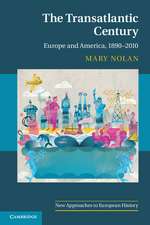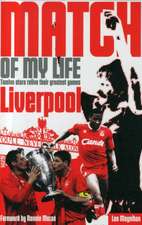Classical Influences on European Culture A.D. 500–1500
Autor R. R. Bolgaren Limba Engleză Paperback – 5 aug 2009
Preț: 363.13 lei
Nou
Puncte Express: 545
Preț estimativ în valută:
69.53€ • 71.65$ • 58.35£
69.53€ • 71.65$ • 58.35£
Carte tipărită la comandă
Livrare economică 21 februarie-07 martie
Preluare comenzi: 021 569.72.76
Specificații
ISBN-13: 9780521118132
ISBN-10: 0521118131
Pagini: 352
Dimensiuni: 152 x 229 x 20 mm
Greutate: 0.52 kg
Editura: Cambridge University Press
Colecția Cambridge University Press
Locul publicării:Cambridge, United Kingdom
ISBN-10: 0521118131
Pagini: 352
Dimensiuni: 152 x 229 x 20 mm
Greutate: 0.52 kg
Editura: Cambridge University Press
Colecția Cambridge University Press
Locul publicării:Cambridge, United Kingdom
Cuprins
Preface L. P. Wilkinson; Editors note; Illustrations; Acknowledgements; Contributors; Introduction: a way ahead? R. R. Bolgar; Part I. Latin Manuscripts and their Catalogues: 1. Vanishing and unavailable evidence: Latin manuscripts in the Middle Ages and today R. D. Sweeney; 2. L'Institut de Recherche et d'Histoire des Textes et l'etude des manuscrits des auteurs classiques M. T. H. D'Alverny and M. C. Garand; Part II. The Readers and Fortunes of Classical Manuscripts: 3. The classics in Celtic Ireland L. Bieler; 4. The deposit of Latin classics in the twelfth-century renaissance R. W. Hunt; 5. I primi umanisti e l'antichita classica G. Billanovich; 6. Ausonius in the fourteenth century R. Weiss; 7. Oliviero Forzetta e la diffusione dei testi classici nel Veneto al tempo del Petrarca L. Gargan; Part III. Methods of Teaching and Scholarship: 8. Living with the Satirists B. Bischoff; 9. La lecture des auteurs classiques a l'ecole de Chartres durant la premiere moitie du XIIe siecle E. Jeauneau; 10. The Opus de Conscribendis Epistolis of Erasmus and the tradition of the Ars Epistolica A. Gerlo; 11. Humanism and humanist literature in the Low Countries before 1500 J. Ijsewijn; 12. The character of humanist philology E. J. Kenney; Part IV. The Influence of Classical Literature: 13. La Survie comparee des Confessions augustiniennes et de la Consolation boecienne P. Courcelle; 14. Classical influence on early Norse literature U. Dronke; 15. Poetic rivalries at the court of Charlemagne D. Schaller; 16. Functions of classical borrowing in medieval Latin verse E. P. M. Dronke; 17. Sallust in the Middle Ages B. Smalley; 18. Momus and the nature of Humanism J. H. Whitfield; 19. Toni ed echi ovidiani nella poesia di Giano Pannonio T. Kardos; Part V. The Influence of Classical Ideas: 20. Later Platonism and its influences A. H. Armstrong; 21. Le commentaire ordonne du monde dans quelques sommes scientifiques des XIIe et XIIIe siecles S. Viarre; 22. Petrarch and the transmission of classical elements C. N. J. Mann; 23. Aspetti della vita contemplativa nel rinascimento itlaiano F. Schalk; 24. The conformity of Greek and the vernacular J. B. Trapp; Part VI. Classical Themes Common to Literature and Art and Classical Influences in Architecture: 25. Personification E. H. Gombrich; 26. Criticism and praise of the Pantheon in the Middle Ages and the Renaissance T. Buddensieg; 27. Quattrocento architecture and the antique: some problems H. Burns; Index.
Descriere
Classical civilisation is shown to be a live historical force whose survival lies in the creative responses and developments it has inspired.














